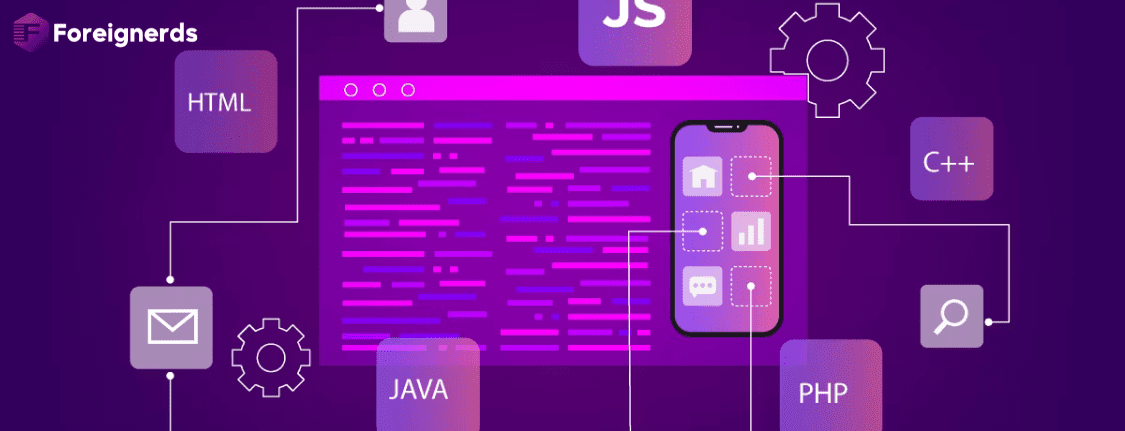Financial technology, commonly known as Fintech, has drastically transformed the way we manage our finances, make payments, invest, and access banking services. In this article, we will explore the dynamic world of Fintech, its uses, and the profound impact it has had on our lives.
What Is Financial Technology?
Fintech, a portmanteau of “financial technology,” refers to the innovative use of technology to deliver and enhance financial services. It encompasses a wide array of services, from digital payments and lending to investment management and insurance. Fintech companies leverage cutting-edge technologies to streamline and improve traditional financial processes.
Understanding Fintech
To understand Fintech better, we must grasp its core components. Fintech utilizes AI, blockchain, mobile apps, big data, and other technologies to create financial products and services that are more efficient, accessible, and cost-effective.
Fintech in Practice
In practice, Fintech is evident in everyday activities. Mobile banking apps, online payment platforms, and robo-advisors are just a few examples of how Fintech has made financial services more convenient and user-friendly.
Fintech’s Expanding Horizons
The scope of Fintech is continually expanding. It is no longer limited to traditional financial institutions. Start-ups and tech companies are entering the Fintech space, offering innovative solutions that challenge the status quo.
Fintech and New Technologies
Fintech is closely intertwined with emerging technologies. Blockchain, for instance, is revolutionizing how transactions are secured and recorded, while AI is enhancing customer service and fraud detection in financial services.
Fintech Landscape
The Fintech landscape is highly competitive, with both established banks and agile start-ups vying for market share. This competition drives innovation, resulting in better financial products and services for consumers.
Fintech Users
Fintech has gained popularity among a wide range of users, from tech-savvy millennials to older generations looking for more accessible financial services. Its user-friendly interfaces and flexibility have broad appeal.
Regulation and Fintech
As Fintech evolves, it brings forth regulatory challenges. Governments and financial authorities are adapting to ensure consumer protection and the stability of financial markets while fostering innovation.
The Evolution of Financial Services
Fintech’s impact is evident in the evolution of traditional financial services. From peer-to-peer lending platforms to digital-only banks, Fintech is redefining how financial institutions operate.
Innovations in Fintech
Continuous innovation is a hallmark of Fintech. Whether it’s real-time payment systems or contactless payment options, Fintech companies are at the forefront of financial technology advancements.
Fintech’s Role in Banking
Fintech is reshaping the banking sector by introducing online-only banks and disrupting traditional banking models. This shift has led to increased convenience and accessibility for banking customers.
Fintech in Investment
Investment management has also seen significant changes with Fintech. Robo-advisors and online trading platforms have made investing more accessible and cost-effective for individuals.
Fintech and Personal Finance
For personal finance, Fintech offers budgeting apps, financial wellness platforms, and peer-to-peer payment options, empowering individuals to take control of their financial lives.
The Future of Fintech
The future of Fintech holds promise for even more innovation. From digital currencies like Bitcoin to decentralized finance (DeFi), Fintech will continue to shape our financial future.
Conclusion
In conclusion, Fintech has revolutionized the
financial landscape by making services more accessible, efficient, and technologically advanced. As it continues to evolve, keeping up with the latest trends and developments in Fintech is essential for staying financially savvy in the digital age.
